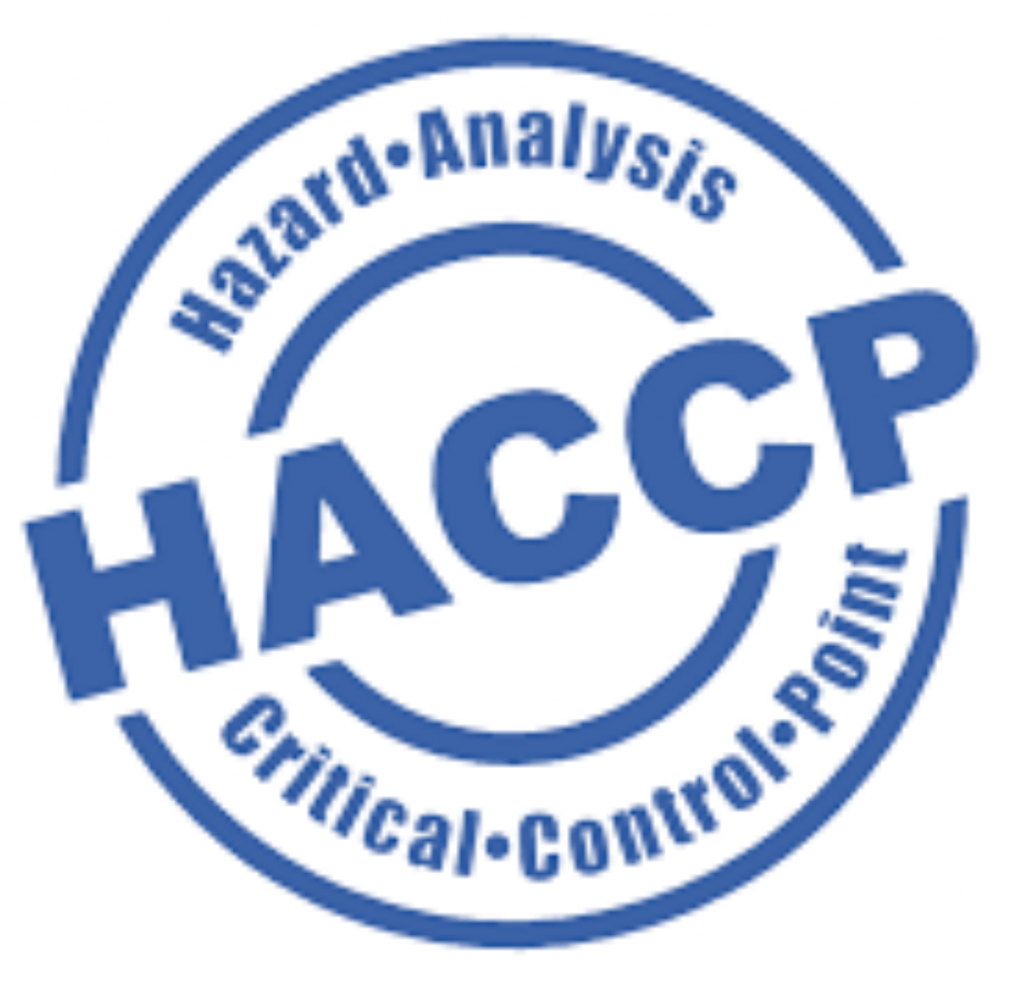HACCP – A Revolutionary Food Safety Management System
If you have ever worked in the food industry, you may have come across the term HACCP. But what does HACCP stand for, and what is its history and context? In this blog post, we will explore the fascinating history of HACCP and its importance in ensuring food safety.
The History of HACCP?
HACCP, or Hazard Analysis and Critical Control Points, is a food safety management system that was developed in the 1960s by the Pillsbury Company, NASA, and the US Army. The system was initially designed to ensure the safety of food products for space missions, but it has since become a widely recognized approach to food safety management across a range of industries.
The HACCP system is based on the principle of identifying and controlling potential hazards throughout the food production process. This involves a systematic analysis of the production process to identify points where hazards may occur, and then implementing control measures to prevent or eliminate those hazards. The HACCP system is focused on prevention rather than detection, which means that potential hazards are identified and addressed before they can become a problem.
Why is HACCP Important?
Implementing a HACCP system is essential for any food business to ensure that their products are safe for consumption. The system helps to identify potential hazards, implement control measures, and monitor the process to ensure that the control measures are effective. This ensures that the food produced is safe for consumption and free from any hazards that could pose a risk to public health.
The Level 2 HACCP Food Safety Management Course
At iQualifi, we offer a Level 2 HACCP Food Safety Management course that covers all the essential elements of HACCP. Our course is designed to provide learners with a comprehensive understanding of the HACCP system and how to implement it in their workplace.
The course covers the following topics:
The principles of HACCP
Hazard analysis and critical control points
The role of the food handler in implementing HACCP
The importance of record-keeping in HACCP
How to implement and maintain a HACCP system
By completing our Level 2 HACCP Food Safety Management course, learners will gain the knowledge and skills required to implement a HACCP system in their workplace. The course is accredited by CPD (Continuing Professional Development) and IOSH, ensuring that the course meets high standards of quality and relevance.
HACCP is a revolutionary food safety management system that has become a widely recognized approach to ensuring the safety of food products. Implementing a HACCP system is essential for any food business to ensure that their products are safe for consumption. Our Level 2 HACCP Food Safety Management course is designed to provide learners with a comprehensive understanding of the HACCP system and how to implement it in their workplace. Enroll today and take the first step towards ensuring the safety and quality of your food products.


